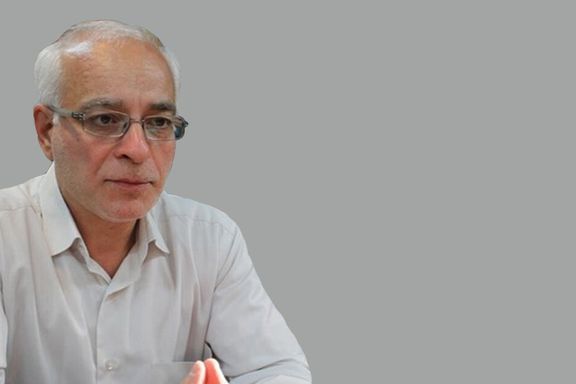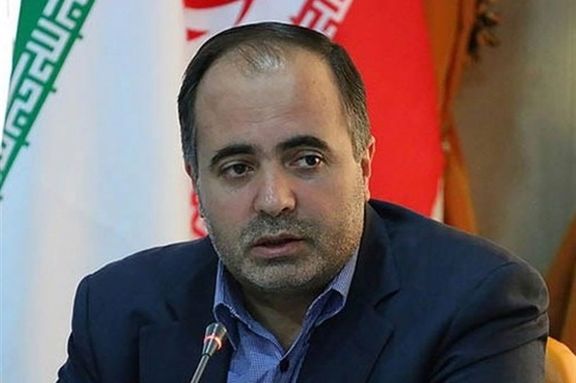Progress In Iran Nuclear Dispute ‘Need Direct Talks’ With US

The issue of possible direct talks with the United States occasionally comes up in Iran as Washington has put fresh nuclear talks with Tehran on hold.

The issue of possible direct talks with the United States occasionally comes up in Iran as Washington has put fresh nuclear talks with Tehran on hold.
The latest mention of the need for direct talks was expressed by international affairs analyst Hassan Beheshtipur in an interview with Entekhab newspaper in Tehran on Monday. Other commentators in Iran urging a resolution to the impasse in the nuclear issue have also occasionally argued in favor of direct negotiations with the US.
Speaking about a report by the Wall Street Journal last week on Europeans probing Washington for fresh talks with Tehran, the analyst said that there is very little European powers can do to press the United States, and direct talks would be the only viable option.
A reformist politician, Esmail Gerami-Moqaddam wrote in Etemad newspaper in Tehran on Wednesday that direct US-Iran talks have the advantage of eliminating mediators. He also expressed doubt about the influence of Europeans on the United States regarding Iran, and insisted that ‘reformists’ in Iran strongly believe in direct negotiations.
Although Iran’s ruler Ali Khamenei has banned direct negotiations with the US since former President Donald Trump withdrew from the JCPOA accord in 2018, Tehran is hard pressed by US sanctions and some wonder it there could be a chance now for direct talks.

In January 2022, when nuclear negotiators were hard at work in Vienna to revive the JCPOA, Iranian officials and even IRGC-linked media gave signals that direct negotiations might be possible if “a good agreement is at hand.” In other words, Tehran wanted to dangle the prospect to get more concessions from the Biden administration.
An Iranian conservative lawmaker, Gholamreza Nouri, told local media in April 2022 that the Iranian delegation in the Vienna nuclear talks were given the green light to hold direct contacts with their American counterpart, but some hardliners in Tehran prevented the move.
Nouri’s statement could have meant that Khamenei had at some point authorized direct talks, but others, most likely hardliners such as former nuclear negotiator Saeed Jalili with influence on the hardliner government prevented the move.
The Vienna negotiations and efforts to revive the JCPOA lasted 18 months and eventually reached an impasse last September. Since then, the prospects for progress have become less likely for several reasons.
The Wall Street Journal mentioned in its report that the Biden administration cannot decide how to proceed with Iran given the dynamics in US politics, with bipartisan opposition in Congress to relieving Iran from pressure while Tehran has shown no interest in changing its aggressive policies.

Iran has doubled-down on its support for militant groups for attacking Israel this year, cushioned by an agreement with Saudi Arabia to restore relations after a seven-year hiatus.
Iran’s military support for Russia in Ukraine and the Iranian regime’s brutal crackdown on anti-government protesters have also complicated the prospect of any fresh talks leading to an agreement.
It appears increasingly likely that the Biden administration looks at ways to have a broader agreement with Iran that would stop its regional destabilizing activities.
Iran’s recent deal with Saudi Arabia could be the best test for this objective, but except talk of de-conflicting in Yemen, there is little sign of Tehran willing to give up its campaign against Israel and its pledge to force the US out of the Persian Gulf.
While some speak of a possible interim deal to simply stop Iran’s uranium enrichment to near weapons-grade quality in exchange for partial sanctions relief, Tehran is apparently opposed to the idea.
Esmail Qaani, the commander of Iran’s extraterritorial Quds Force said on Friday that Tehran will support “Palestinian heroes” launching “30 attacks daily” against Israel. “This is the result of the resistance front and the global Islamic mobilization,” by the Islamic Republic.